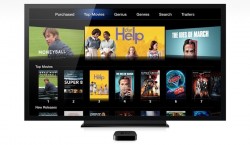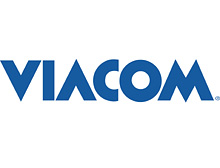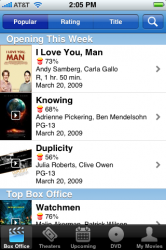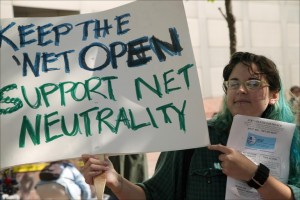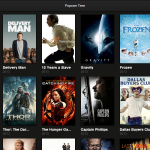A somewhat shorter WNR this week, as there were a couple of interesting news stories that I decided to save for next week instead. Squirreling away for a possible (news) winter.
Let’s chew on these nuts first.
![]()
It’s a good thing that Google knows how to work with big amounts of data, because the 711,787% rise in the number of DMCA takedown requests sent to the company from 2010 to 2012 would have stumped most other companies.
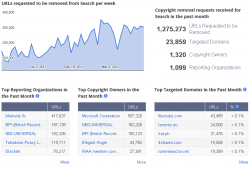
A six digit percentage increase in the number of Google DMCA takedowns in just two years – the RIAA has been busy!
A new research paper studied this dramatic rise, and found that most of the notices comes from just a handful of rights holders. No surprise then that the RIAA was a leader in this field, with more than 7.6 million URLs requested to be removed in just 2012 alone. Porn companies and Microsoft were also very active participants. It’s these small number of rights holders that appear to be dictating the direction of Google and other’s DMCA process, with 95% of rights holders having submitted less than 10 notices in 2012.
The study also found that the number of claims per notice, and the number of URLs per claim, have also risen. This is thanks to largely automated scanning and submission tools that can quickly identify URLs related to a single piece of content (with the occasional false positive thrown in).
This all spells out an alarming trend, and you might even say an abuse of the DMCA takedown process originally envisioned when the act was signed into law by President Bill Clinton in 1998. DMCA spamming, if you will.
And has it helped? I really doubt it. Despite the huge number of URL being submitted, an even greater number of new URLs are created for the same content all the time. While the idea of stopping a flood with a sponge may give the likes of the RIAA some false comfort (“hey, it’s better than nothing”, they would say. But is it?), for those that have been innocently caught up in this DMCA frenzy (this site included), it’s anything but a comfort.
![]()
This may be the first signs of the fallout from the death of net neutrality , as Apple is said to be in discussions with Comcast to ink a “last mile” deal that gives Apple’s upcoming video streaming service preferential treatment ahead of the likes of Netflix and Amazon.
This news, reported by the WSJ, has huge implications not only for net neutrality, but for the subscription VOD marketplace in general.
If Comcast agrees to give Apple preferential treatment, it could mean the likes of Netflix, Amazon and Hulu will have to contend with a more congested last mile to the U.S’s largest ISP (who might get even larger if they merge with Time Warner Cable). This could mean performance problems and would give Apple’s yet unannounced streaming service a leg up (and they need it too, what with Netflix’s dominance).
But perhaps the even bigger story here is Apple’s move into Netflix territory. With their devices ubiquitously available in people’s homes, an Apple SVOD service could shake up the market in a way that the likes of Amazon have tried and failed to do so. Of course, it’s still hard to see Netflix’s dominance fade away any time soon as its app has also reached ubiquity, unless Apple’s offering is that much more attractive and better value (it’s hard to find more value by lowering the already low $7.99 monthly price, but if Apple can offer newer content, then that could be a game changer).
This one (from both the net neutrality angle is worth keeping an eye on.
And that’s it for now – told you it was short. Definitely more next week, so until then …

